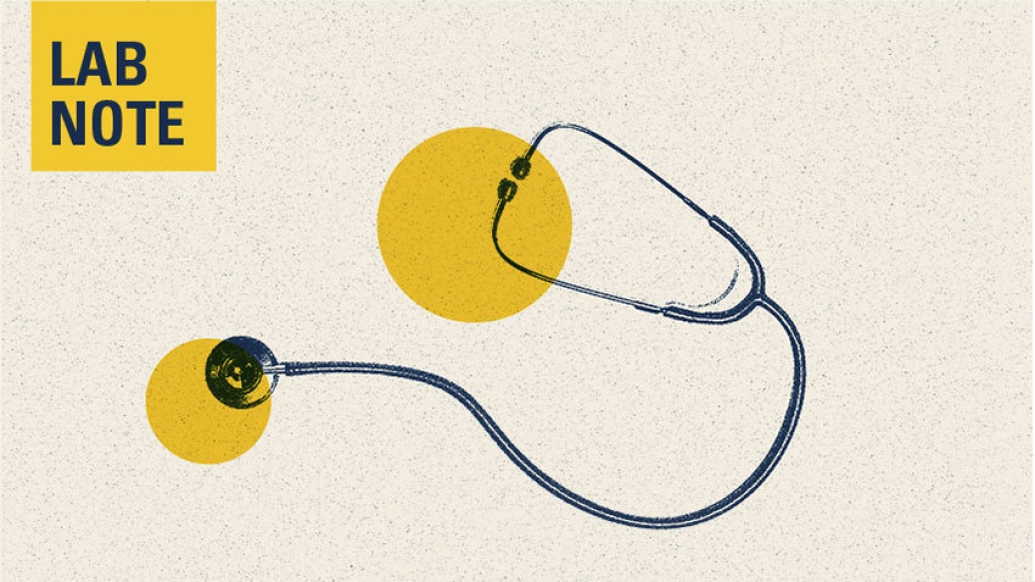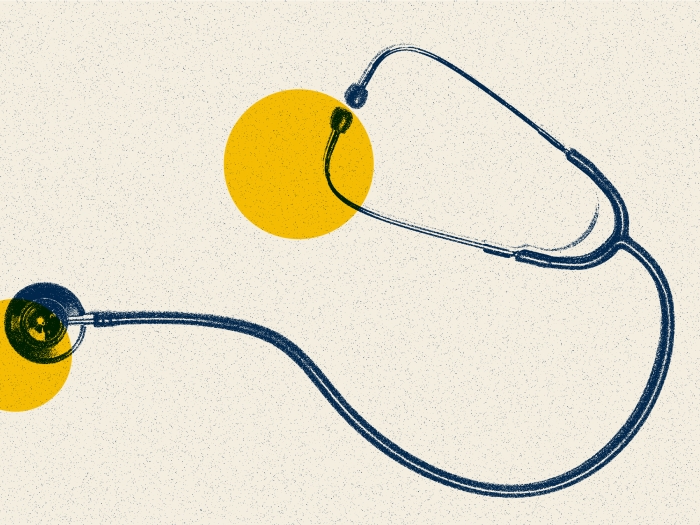A poll shows strong support for clinics’ efforts to screen for, and providing support for, social determinants of health.
12:15 PM
Author |

Their parents and grandparents probably never got asked by a doctor or nurse whether they had enough to eat, a safe and stable place to live, someone discriminating against them, or anything getting in the way of their education.
But most members of Generation Z say they want their health care providers to ask about these things, and most want providers to offer information or referrals for services to address these concerns, according to a new poll.
And most understand why these "social determinants of health," as they're collectively called, are important to overall health.
The poll findings, published in the June issue of the Journal of Adolescent Health by a team from the University of Michigan, are based on data from the MyVoice National Poll of Youth, based in the U-M Department of Family Medicine.
More than 1,000 youth aged 14 to 24 answered five open-ended questions via text message in March 2021. Nearly 39% of respondents came from families whose income levels qualified them for free or reduced-price school lunch under national criteria.
The poll asked about housing, food, education, safety and discrimination – all factors that can affect a person's health in the short and long term, and their ability to seek care and keep up with treatments.
In all, 81% of youth said providers should ask about such factors. Nearly a third said that embarrassment might keep them from seeking help for such issues if they were experiencing them.
In addition, a quarter said they would want providers to offer resources for people with social needs, and a nearly equal percentage said providers should offer information about resources that could assist people with such needs.
Finally, youth's most commonly reported preference for how to receive information about assistance or social risks was in-person, though they were amenable to phone, email, and handouts, as well.
First author Claire Chang, a U-M Medical School student, said, "It seems obvious that addressing social needs, like food and housing, in clinical settings would benefit patients. But we actually know very little about whether and how patients would want to receive this kind of assistance. Youth in our study told us that they do want to talk about social determinants of health with their providers. It is important for us to understand these preferences and desires as social/medical care integration efforts spread across the country."
An increasing number of health systems and clinics – including U-M's own academic medical center, Michigan Medicine – now screen for SDOH's as part of patient care.
Poll director and U-M family medicine physician Tammy Chang, M.D., M.P.H., M.S., concurs. "As a doctor, what I hear is my adolescent and young adult patients want me to ask them about more than their health. They want me to ask about their lives," she said. "This opens a door for doctors and other healthcare providers to really understand the root causes of the issues that young people are facing today. Youth in our study didn't expect providers to solve their issues, rather, just listen. I can do that."
Chang is a member of the U-M Institute for Healthcare Policy and Innovation.
Study cited: "Youth Perspectives on Their Medical Team's Role in Screening for and Addressing Social Determinants of Health," Journal of Adolescent Health, June 2022. DOI: 10.1016/j.jadohealth.2021.12.016

Explore a variety of healthcare news & stories by visiting the Health Lab home page for more articles.

Department of Communication at Michigan Medicine
Want top health & research news weekly? Sign up for Health Lab’s newsletters today!





